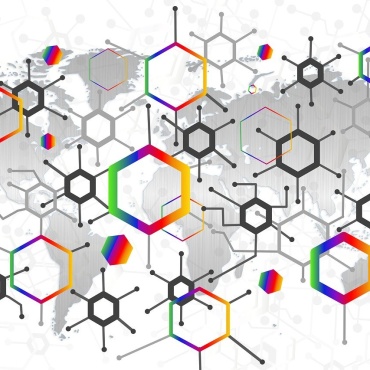Parliamentary question to the Commission: Depathologisation of gender identity disorder
On the occasion of the International Day for Depathologisation of Trans Identities on the 23rd October 2010, the Intergroup on LGBT Rights has asked the European Commission what it would do to depathologise gender identity disorder.
 Written parliamentary question asked to the European Commission by:
Written parliamentary question asked to the European Commission by:
- Raül Romeva i Rueda (Spain, Greens/EFA)
- Marije Cornelissen (Netherlands, Greens/EFA)
- Michael Cashman (UK, S&D)
- Ulrike Lunacek (Austria, Greens/EFA)
- Sophie in’t Veld (Netherlands, ALDE)
- Sirpa Pietikäinen (Finland, EPP)
The World Health Organization is currently reviewing its International Statistical Classification of Diseases and Related Health Problems, known as ICD 11 in its next version. Civil society and constituents have repeatedly called for the depathologisation of what is currently known as ‘gender identity disorder’, also known under the widened diagnostic of ‘gender incongruence’ under the current draft of ICD 11.
The Council of Europe’s Commissioner for Human Rights considers that in the case of legal requirements of “forced divorce” and “forced sterilisation” (documented in the internal note Transgender persons’ rights in the EU member states), “only unmarried or divorced transgender persons who have undergone surgery and become irreversibly infertile have the right to change their entry in the birth register. In reality, this means that the state prescribes medical treatment for legal purposes, a requirement which clearly runs against the principles of human rights and human dignity.” (Human Rights Comment, 31 August 2010)
- Does the Commission agree with the Council of Europe’s Commissioner for Human Rights that “forced divorce” and “forced sterilisation” run against principles of human rights and human dignity?
- Does the Commission consider that transgender people must be able to access hormonal treatments and gender reassignment surgery without psychiatric monitoring?
- Will the European Union advocate for the depathologisation of transgender people in ICD 11 consultations? If not, why not?
Read more:






